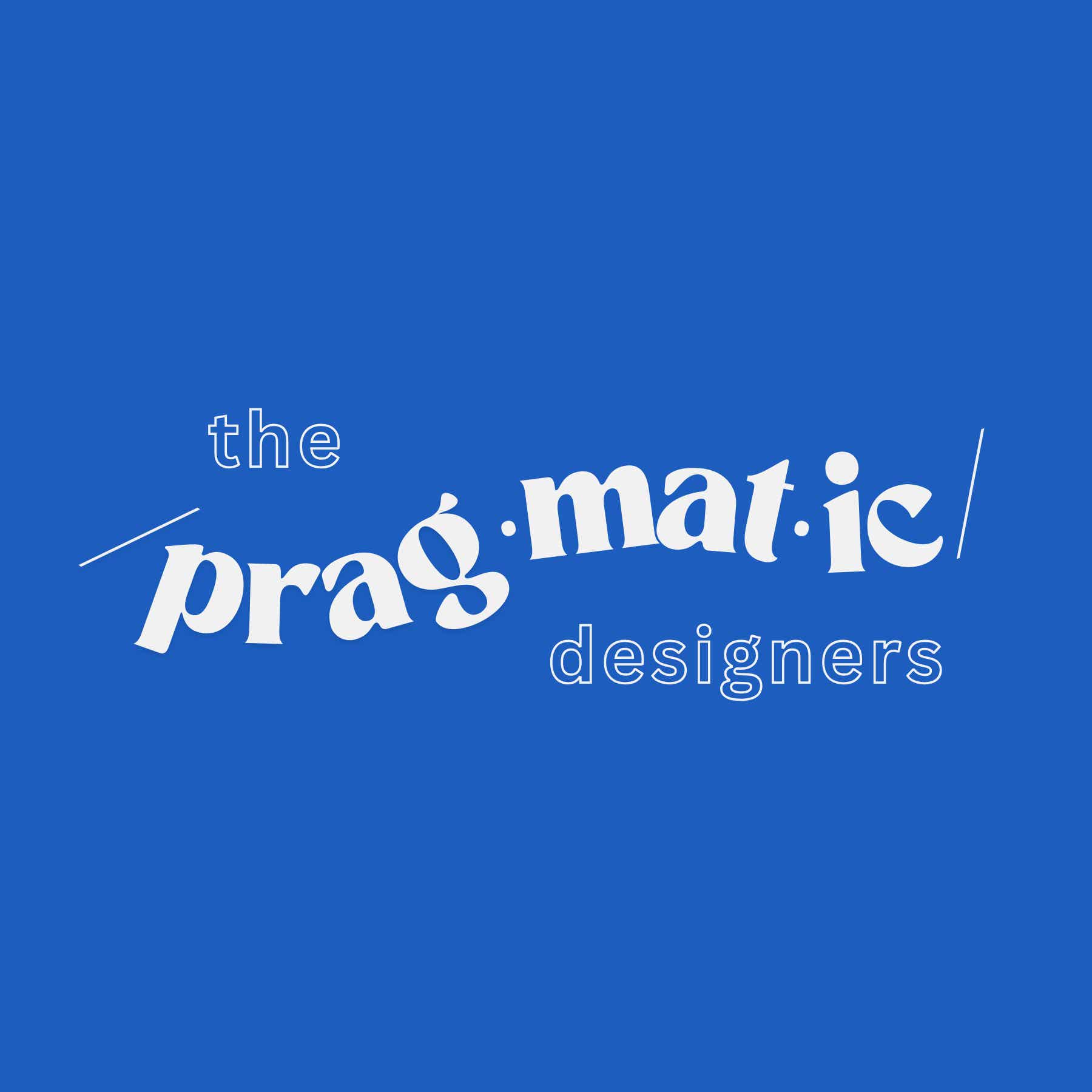The Pragmatic Designers

The Pragmatic Designers
Podcast Description
Hi, we're Desai and Thuan, best friends from architecture school and early career designers on a journey to discover how to build creatively fulfilling and financially sustainable careers. We are super excited to share with you notes from our podcast, and hope you’ll subscribe for bi-monthly updates! thepragmaticdesigners.substack.com
Podcast Insights
Content Themes
Focuses on the intersection of architecture and technology, highlighting topics such as the democratization of design through AI, interdisciplinary learning, and personal motivation in unconventional career paths, with episodes featuring insights from guests like Alexander Kyaw on using AI to enhance design.

Hi, we’re Desai and Thuan, best friends from architecture school and early career designers on a journey to discover how to build creatively fulfilling and financially sustainable careers. We are super excited to share with you notes from our podcast, and hope you’ll subscribe for bi-monthly updates!
Hi, we’re Desai and Thuan, best friends from architecture school and early career designers on a journey to discover how to build creatively fulfilling and financially sustainable careers. We are super excited to share with you notes from our podcast, and hope you’ll subscribe for bi-monthly updates!
In this episode, we talk with Victor Tzen, Senior Architecture Program Manager at Samara. Victor’s career spans teaching at Syracuse University, design leadership at Google’s R+D Lab for the Built Environment, and nearly a decade at Bohlin Cywinski Jackson, where he worked on flagship Apple Stores across New York, Paris, and Cologne.
From Academia to R+D
Victor started his career during the 2008 recession, when teaching at Syracuse became both a practical and formative path. In the classroom, he discovered a love for organizing and running large studios — a skill that later shaped his leadership in practice. His move to Bohlin Cywinski Jackson sharpened his detailing and material sensibilities while exposing him to world-class clients and consultants. It was here that he caught the first spark of R+D, experimenting with lighting and sensor systems that hinted at a bigger future.
Finding R+D Communities
At Google, Victor dove into multidisciplinary R+D at scale, collaborating with engineers, scientists, and artists to rethink the workplace. He describes this as a turning point: learning how to define problems in undefined spaces, and how to navigate large organizations with many competing agendas.
The Future of Living at Samara
Today at Samara, Victor is exploring how design for manufacture and assembly (DFMA) and modular construction might reshape the way we live. Rather than prescribing solutions, Samara’s approach focuses on creating tools and scalable systems — from ADUs to multi-generational housing models — that empower people to imagine alternate futures of living. With policy, culture, and technology finally aligning, Victor believes industrialized housing is on the cusp of breakthrough in the U.S.
“Don’t be afraid to take a step backwards in order to take a big leap forward.”
Advice for Designers
Victor encourages young designers to:
* Follow what excites you, even if it looks unconventional.
* Apply for roles that feel out of reach — “fake it till you make it” often leads to the best growth.
* Accept that detours and even “steps back” can become the biggest leaps forward.
While Victor frequently travels for work, you can find him on LinkedIn — or maybe at a music shop in the Bay Area.
→ Learn more about Levittown and the Imperfect Rise of American Suburbs.
→ Explore Habitat 67 and the modular design and construction.
→ Ordos City in Mongolia.
→ The compositions of John Field, discovered through pianist Alice Sara Ott.
→ Dominion (deck-building game) and Wingspan (resource-building game).
This is a public episode. If you would like to discuss this with other subscribers or get access to bonus episodes, visit thepragmaticdesigners.substack.com

Disclaimer
This podcast’s information is provided for general reference and was obtained from publicly accessible sources. The Podcast Collaborative neither produces nor verifies the content, accuracy, or suitability of this podcast. Views and opinions belong solely to the podcast creators and guests.
For a complete disclaimer, please see our Full Disclaimer on the archive page. The Podcast Collaborative bears no responsibility for the podcast’s themes, language, or overall content. Listener discretion is advised. Read our Terms of Use and Privacy Policy for more details.